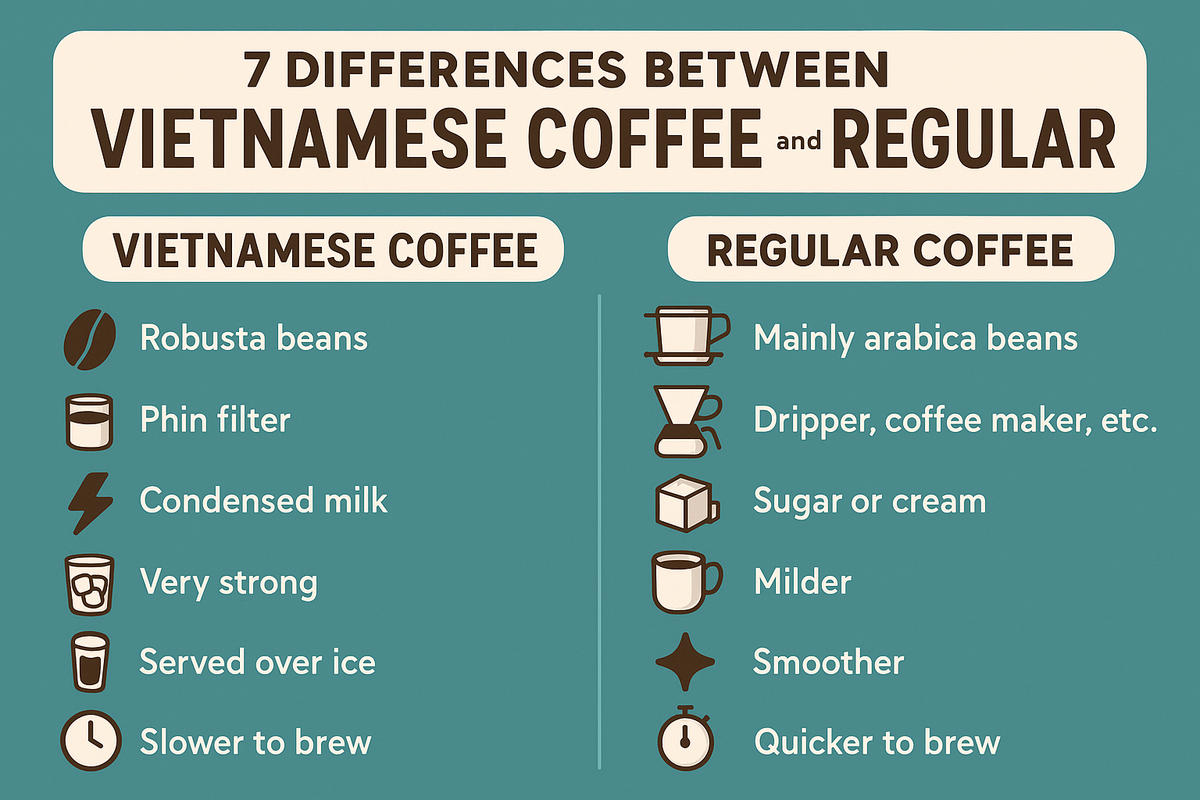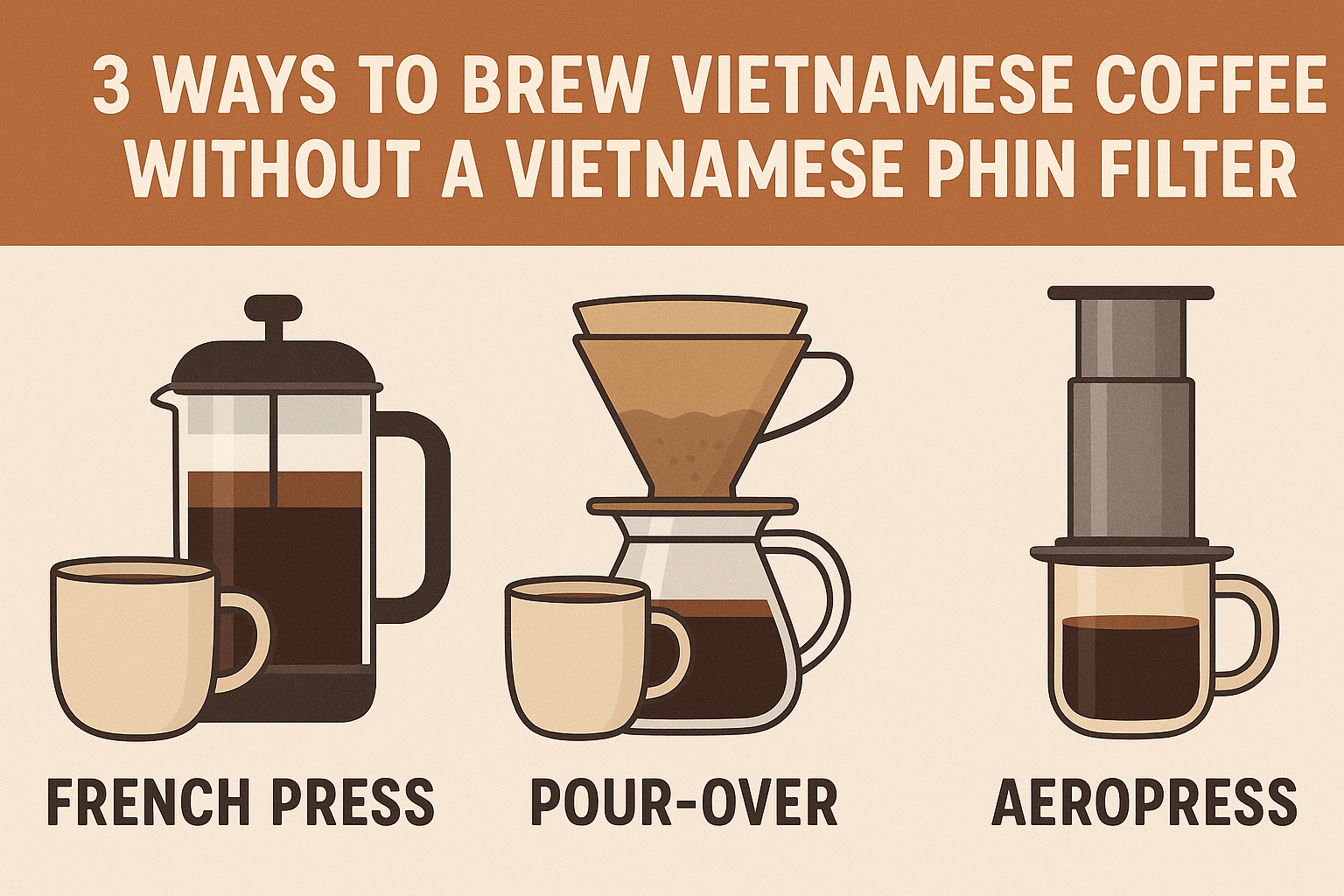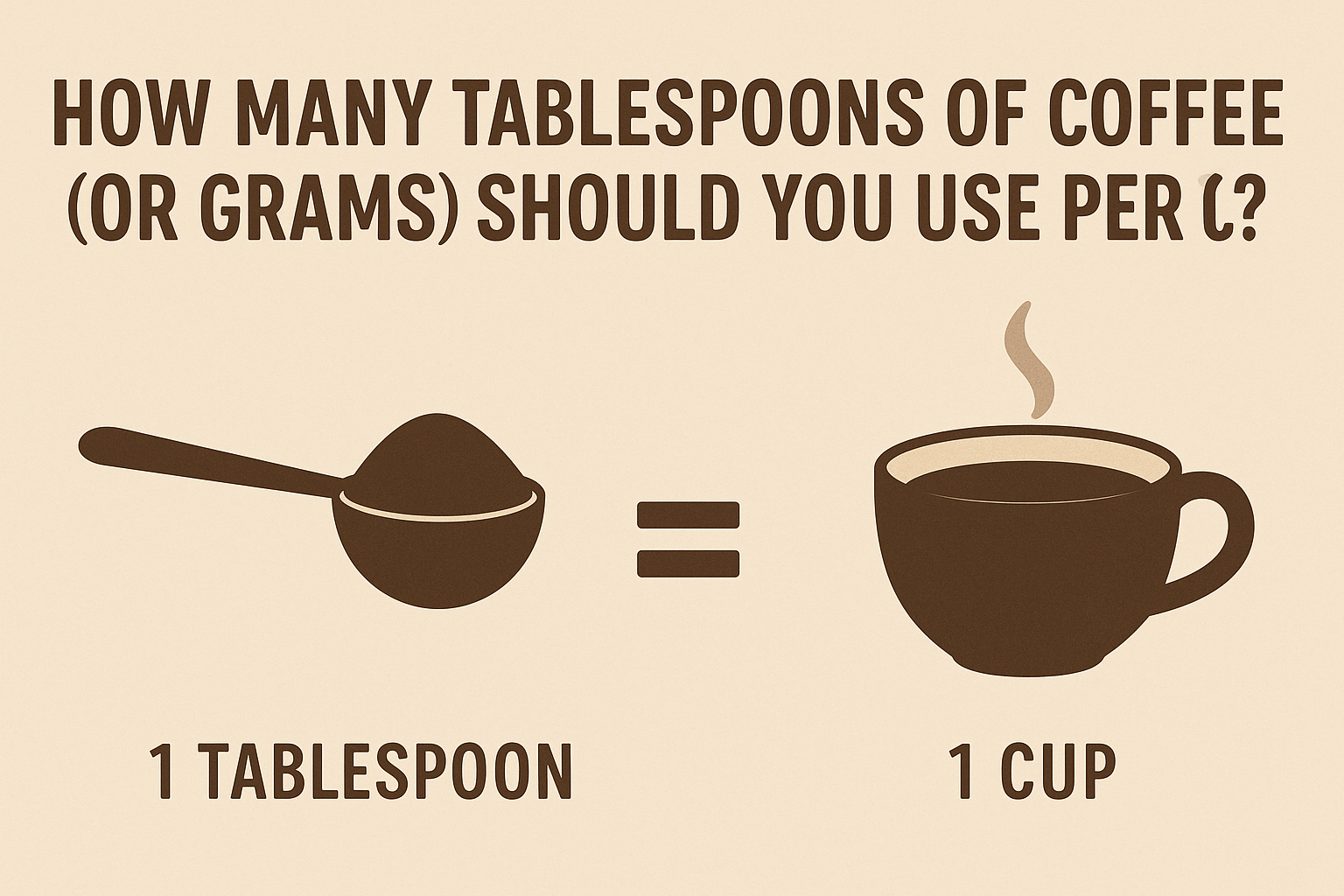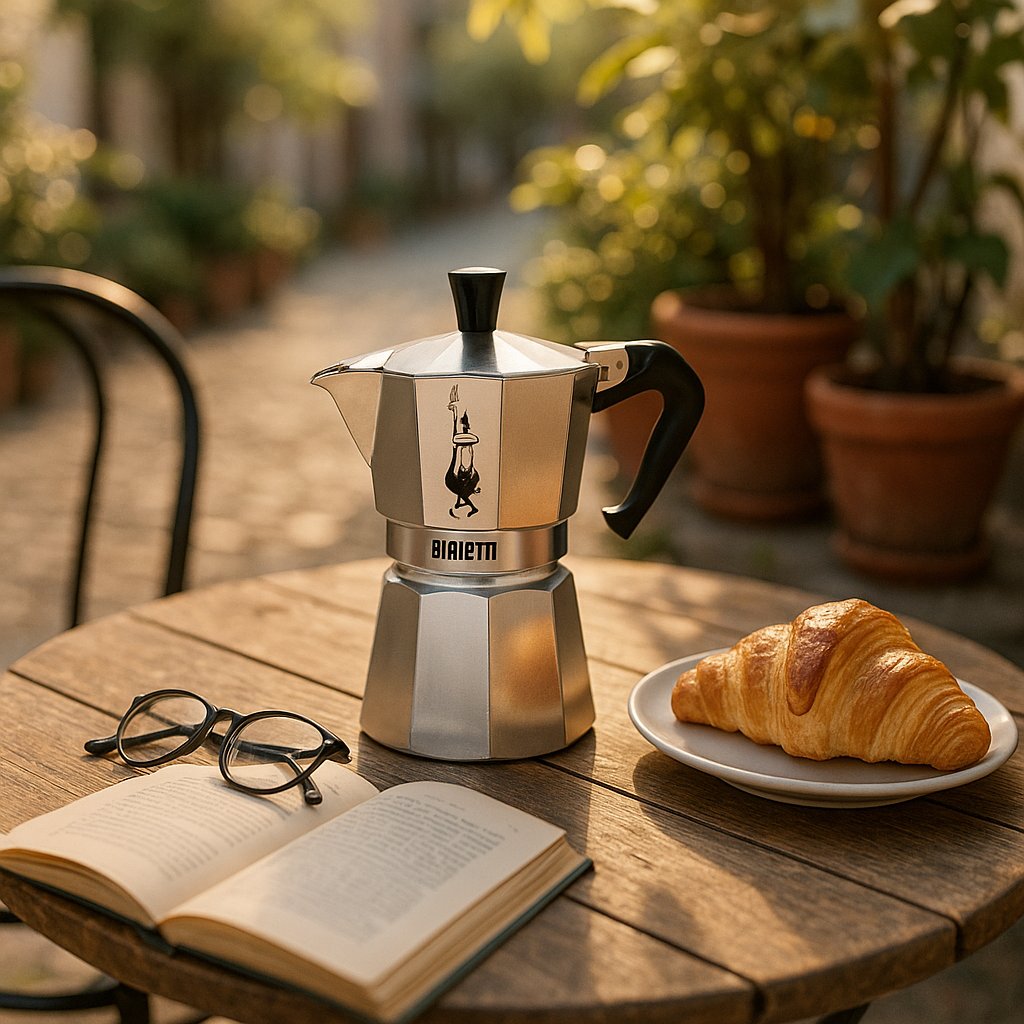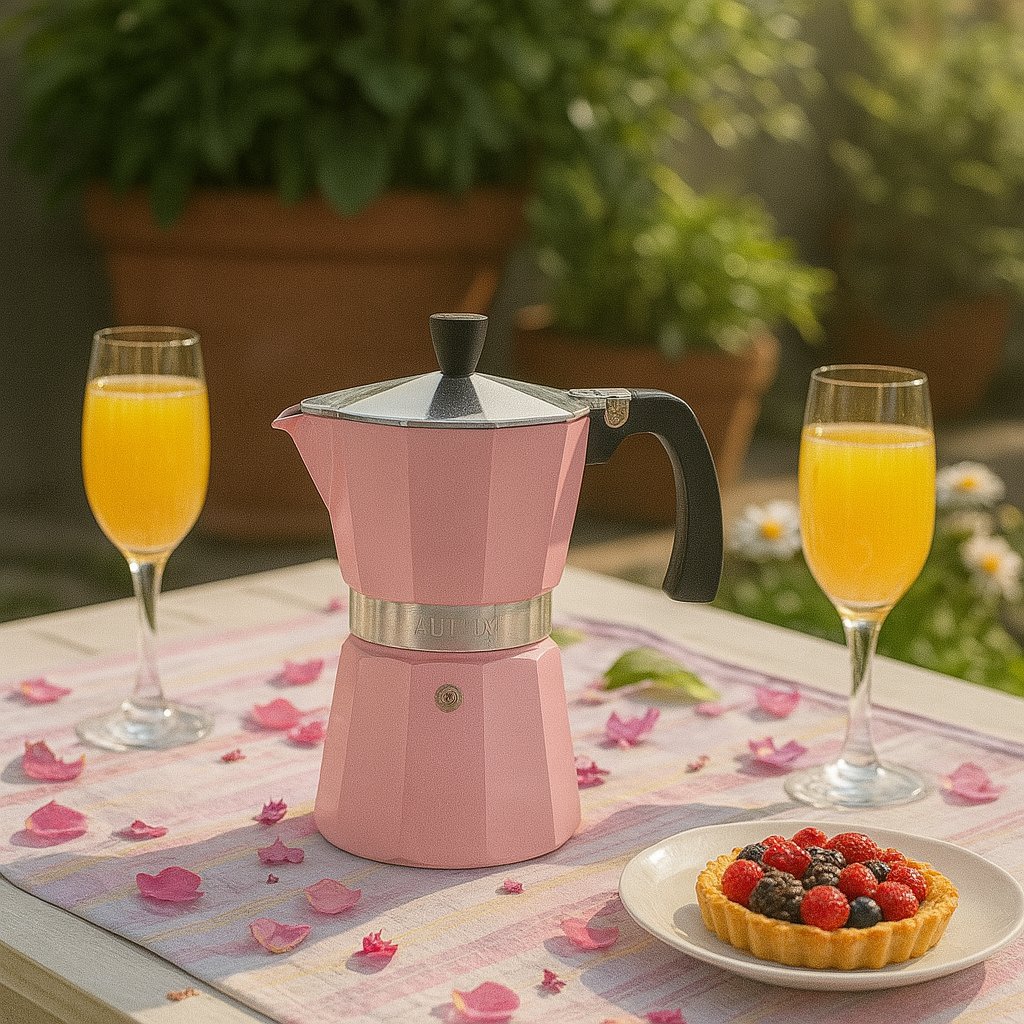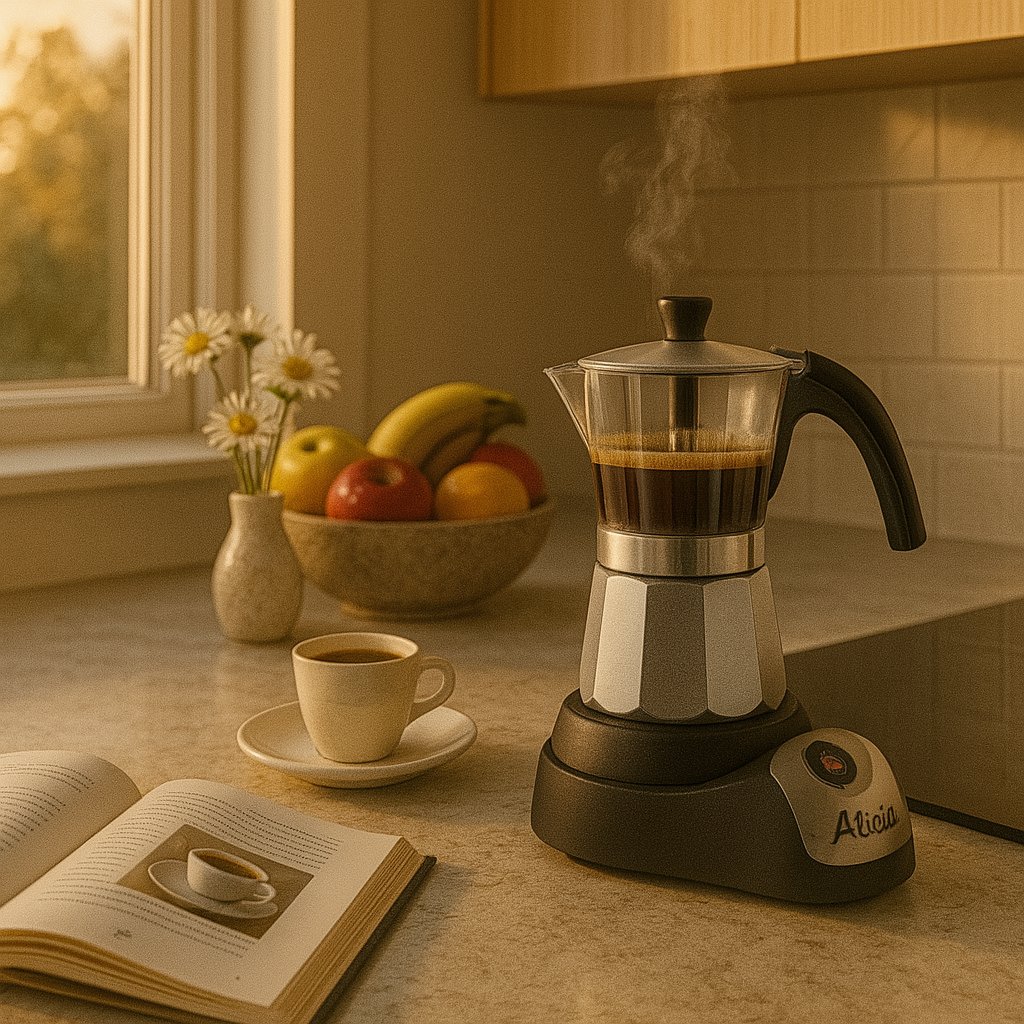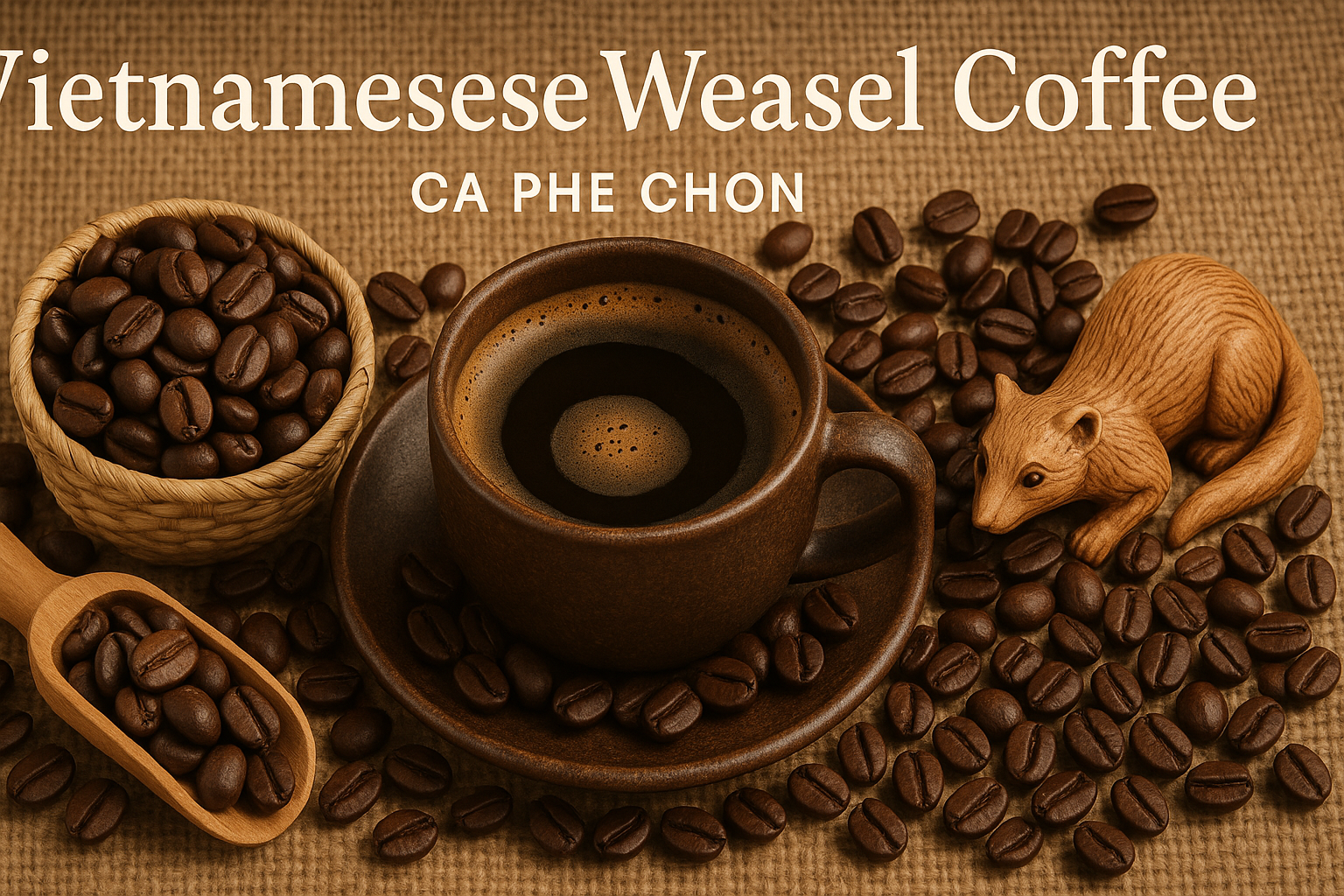
What is Vietnamese Weasel Coffee (Ca Phe Chon)?
Discover the fascinating world of Vietnamese weasel coffee, its unique production process, and whether the premium price is justified.
Marco Romano
Global Coffee Expert & Moka Pot Specialist
From Italian espresso bars to Vietnamese coffee farms
My first encounter with ca phe chon (Vietnamese weasel coffee) happened in a small mountain village near Dalat, Vietnam. The local farmer, Mr. Duc, led me to a cage where Asian palm civets were kept, and I watched in fascination as he explained the intricate process behind one of the world's most controversial and expensive coffees.
Having traveled from the espresso bars of Rome to the coffee plantations of Colombia, I thought I'd seen it all. But Vietnamese cà phê chồn opened my eyes to a completely different approach to coffee production - one that involves animal digestion, ethical controversies, and price tags that can reach $100 per pound.
In this comprehensive guide, I'll share everything I learned about Vietnamese weasel coffee during my months exploring Vietnam's coffee regions, from the production methods to taste profiles, and most importantly, how to identify authentic cafe chồn in a market flooded with imitations.
What is Vietnamese Weasel Coffee?
Vietnamese weasel coffee, known locally as ca phe chon or cà phê chồn, is coffee produced using beans that have been eaten and excreted by Asian palm civets (Paradoxurus hermaphroditus). Despite the name "weasel coffee," the animal involved is actually a civet, not a weasel - a common mistranslation that stuck in Western markets.
The Science Behind the Process
The civets naturally select the ripest, highest-quality coffee cherries. During digestion, enzymes in their stomach break down proteins that typically contribute to coffee's bitterness, theoretically resulting in a smoother, less acidic cup. The beans are then collected from the civet's feces, thoroughly cleaned, and processed.
During my research in Vietnam's Central Highlands, I discovered that authentic weasel coffee vietnam production involves wild civets that naturally roam coffee plantations. However, much of what's commercially available today comes from captive civets - a practice that raises significant ethical concerns.
Types of Vietnamese Weasel Coffee
-
Wild Civet Coffee: The most authentic and ethical option, where beans are collected from wild civets' natural habitat. This is extremely rare and commands the highest prices.
-
Farm-Raised Civet Coffee: Civets are kept in enclosures and fed coffee cherries. This accounts for most commercial production but raises welfare concerns.
-
Simulated Weasel Coffee: Regular coffee beans treated with enzymes to mimic the civet digestion process. Much more affordable but technically not true weasel coffee.
How is Weasel Coffee Made?
Understanding how weasel coffee is made requires looking at both traditional and modern methods. During my time with Vietnamese coffee farmers, I witnessed the entire process firsthand, from the civets' selective feeding to the final roasting stages.
Traditional Wild Collection Method
Cherry Selection
Wild civets naturally choose the ripest, sweetest coffee cherries. Their selective feeding is crucial - they instinctively avoid overripe or damaged fruit, ensuring only premium cherries enter the process.
Digestion Process
The cherries pass through the civet's digestive system. Stomach acids and enzymes break down the fruit flesh and alter the beans' protein structure, reducing bitterness and acidity.
Collection and Cleaning
Farmers collect the excreted beans from the forest floor. The beans undergo extensive washing and sanitization - typically involving multiple water baths and sun-drying.
Processing and Roasting
After cleaning, the beans are hulled to remove any remaining parchment, sorted for quality, and then roasted. The roasting process is crucial - too dark and you lose the unique characteristics that make weasel coffee special.
Modern Commercial Production
Most commercial vietnamese weasel coffee today comes from captive civets. While this makes production more predictable and increases yield, it often compromises both quality and ethics. In caged environments, civets don't have the same selective feeding behavior, and stress can affect the digestion process.
Ethical Concerns
Many commercial operations keep civets in small, unsuitable cages and force-feed them coffee cherries. This has led to widespread criticism from animal welfare organizations. Always research the source and production methods before purchasing weasel coffee.
Taste Profile and Characteristics
After tasting authentic ca phe chon from multiple Vietnamese producers, I can say the flavor profile is genuinely unique - though whether it justifies the premium price is debatable. The taste varies significantly depending on the source quality and processing methods.
Authentic Weasel Coffee Characteristics
Positive Attributes
- Reduced Bitterness: Noticeably smoother than regular coffee
- Lower Acidity: Gentler on the stomach
- Unique Aroma: Earthy, slightly sweet fragrance
- Full Body: Rich, syrupy mouthfeel
- Clean Finish: No harsh aftertaste
Potential Drawbacks
- Muted Complexity: Can lack the bright notes of high-quality specialty coffee
- Inconsistency: Quality varies dramatically between sources
- Overhyped: Marketing often exceeds actual taste experience
- Price Factor: May influence perception bias
My Personal Tasting Notes
"During my cupping session in Dalat, the authentic wild civet coffee had a pronounced earthiness reminiscent of dark chocolate and roasted nuts. The body was full and creamy, with virtually no acidity. However, I found it somewhat one-dimensional compared to the complex flavor profiles of Ethiopian single-origins or Jamaican Blue Mountain coffee I'd experienced elsewhere."
- Marco's Tasting Notes, Dalat, Vietnam
It's important to note that many commercial vietnamese weasel coffee products taste significantly different from authentic wild varieties. The captive production methods often result in coffee that's merely smooth rather than exceptionally complex.
How to Identify Authentic Ca Phe Chon
With the weasel coffee market flooded with imitations and low-quality products, knowing how to identify authentic cà phê chồn is crucial. During my research, I discovered that up to 80% of products labeled as "weasel coffee" contain little to no actual civet-processed beans.
Visual Inspection
Bean Appearance
Authentic weasel coffee beans often show slight etching or scoring marks from the digestion process. They may appear slightly smaller and rounder than regular beans, with a more uniform color distribution.
Color Consistency
Real civet-processed beans tend to have more even coloration due to the partial fermentation during digestion. Fake products often show normal coffee bean color variation.
Size Sorting
Authentic weasel coffee should show natural size variation since civets don't selectively eat based on bean size within the cherry. Overly uniform sizing may indicate machine processing.
Certification and Source Verification
Red Flags to Avoid
- Prices significantly below $50-80 per pound
- Mass availability in regular grocery stores
- Lack of specific farm or region information
- Claims of "cruelty-free" production without detailed sourcing
- Generic packaging without producer contact information
Trusted Sources
During my travels, I identified several reliable sources for authentic cafe chồn. The most trustworthy suppliers provide detailed information about their production methods, offer farm visits, and maintain transparent pricing that reflects the true cost of ethical production.
Ethics and Sustainability
The ethical implications of vietnamese weasel coffee production cannot be ignored. During my investigation into the industry, I witnessed both exemplary and deeply troubling practices. The growing demand has unfortunately led to widespread animal welfare issues that every consumer should understand.
The Dark Side of Commercial Production
Many commercial civet coffee operations keep animals in cramped, wire cages that prevent natural behaviors. Force-feeding of coffee cherries, inadequate veterinary care, and psychological stress are common issues in profit-driven facilities.
Common Welfare Problems:
- • Confinement in small, barren cages
- • Forced feeding of unnatural quantities of coffee cherries
- • Lack of social interaction for naturally social animals
- • Inadequate space for natural climbing and foraging behaviors
- • Poor sanitation and veterinary care
Sustainable Alternatives
Ethical weasel coffee production is possible but rare. During my research, I found a few operations that maintain wild civet populations through habitat conservation rather than captivity. These producers collect beans from natural droppings found in protected forest areas.
Ethical Production Indicators
- Wild collection methods only
- Habitat conservation programs
- Limited annual production
- Transparent sourcing information
- Third-party welfare certifications
My Recommendation
Consider supporting specialty coffee producers who focus on exceptional bean quality and processing methods without animal involvement. Many Vietnamese coffee farms produce outstanding single-origin beans that offer unique flavor profiles without ethical concerns.
Environmental Impact
Ethical weasel coffee production can actually support biodiversity conservation when done correctly. Wild civets play important ecological roles as seed dispersers, and protecting their habitat benefits entire forest ecosystems. However, commercial captive operations provide no environmental benefits and may contribute to wild population decline through capture.
Price Analysis: Is Weasel Coffee Worth It?
The pricing of weasel coffee vietnam reflects its rarity and labor-intensive production, but also significant marketing markup. During my market research, I found prices ranging from $20 per pound for obvious fakes to over $600 per pound for supposedly authentic wild-collected beans.
Market Price Breakdown
Fake/Simulated Weasel Coffee
$15-40/lbRegular coffee beans with enzyme treatment or flavor additives. Widely available but not authentic weasel coffee.
Commercial Captive Civet Coffee
$50-150/lbFrom caged civets fed coffee cherries. Quality varies significantly, often disappointing taste relative to price.
Authentic Wild-Collected Coffee
$200-600/lbGenuinely wild-sourced beans. Extremely limited availability, often requires direct farm contact to purchase.
Value Assessment
After extensive tasting and comparison, my honest assessment is that authentic weasel coffee offers a unique but not necessarily superior experience compared to high-quality specialty coffees. The smoothness and reduced bitterness are genuine, but the lack of complex flavor notes may disappoint sophisticated palates.
Marco's Value Verdict
"For the price of authentic wild weasel coffee ($200-600/lb), you could purchase several pounds of exceptional single-origin coffees from renowned regions like Jamaica Blue Mountain, Hawaiian Kona, or Ethiopian Yirgacheffe. Unless you're specifically curious about the unique processing method, I'd recommend investing in these proven specialty coffees instead."
Better Value Alternatives
If you're interested in smooth, low-acidity coffee similar to what weasel coffee promises, consider these more ethical and cost-effective alternatives:
-
Natural Process Ethiopian Beans: Naturally sweet and fruity with reduced acidity
-
Brazilian Pulped Natural: Smooth body with chocolate notes
-
Indonesian Aged Coffees: Earthy, full-bodied with minimal acidity
How to Brew Vietnamese Weasel Coffee
If you do decide to try authentic ca phe chon, proper brewing is essential to highlight its unique characteristics. The low acidity and smooth profile require different techniques than typical specialty coffee brewing.
Optimal Brewing Methods
Vietnamese Drip (Phin Filter)
The traditional method that complements weasel coffee's characteristics perfectly. The slow extraction highlights the smooth body without over-extracting bitter compounds.
- • Water temperature: 200-205°F (93-96°C)
- • Grind: Medium-coarse
- • Ratio: 1:15 (coffee to water)
- • Extraction time: 4-6 minutes
French Press
The full immersion method works well with weasel coffee's smooth profile, allowing for complete flavor extraction without harsh notes.
- • Water temperature: 195-205°F (90-96°C)
- • Grind: Coarse
- • Ratio: 1:12 to 1:15
- • Steeping time: 4-5 minutes
Pour Over (V60/Chemex)
Clean extraction methods that showcase the subtle flavor nuances while maintaining the smooth character.
- • Water temperature: 195-200°F (90-93°C)
- • Grind: Medium-fine
- • Ratio: 1:16 to 1:17
- • Total brew time: 3-4 minutes
Brewing Tips for Best Results
- Lower Temperature: Use slightly cooler water than normal to prevent over-extraction
- Shorter Contact Time: The pre-digestion process makes extraction more efficient
- Skip the Milk: Taste it black first to appreciate the unique characteristics
- Fresh Grinding: Grind just before brewing to preserve the subtle flavors
- Water Quality: Use filtered water to avoid masking the delicate taste profile
Remember that authentic weasel coffee's appeal lies in its smoothness rather than complexity. Avoid brewing methods that emphasize brightness or acidity, as these will work against the coffee's natural characteristics.
The Verdict on Vietnamese Weasel Coffee
After months of research, tasting, and investigation into Vietnamese weasel coffee production, my conclusion is nuanced. While authentic cà phê chồn does offer a unique taste experience, the combination of ethical concerns, high prices, and often disappointing quality makes it difficult to recommend for most coffee enthusiasts.
My Final Recommendations:
The fascination with vietnamese weasel coffee often stems from its novelty rather than its taste. While there's nothing wrong with curiosity-driven coffee experiences, I encourage you to explore the incredible diversity of ethical, high-quality coffees available from Vietnam and around the world.
A Better Vietnamese Coffee Experience
Vietnam produces exceptional robusta and arabica coffees through traditional methods. Explore single-origin Vietnamese beans from regions like Dalat, Son La, or Dak Lak for authentic flavors without ethical concerns. These coffees showcase Vietnam's true coffee heritage - terroir, processing expertise, and generations of farming knowledge.
Whether you choose to try weasel coffee or explore other Vietnamese coffee traditions, remember that the best cup is one that brings you joy without compromising your values. The world of coffee offers endless discoveries - from the volcanic soils of Guatemala to the misty mountains of Ethiopia - each with its own story and character.
"The most extraordinary coffee experiences come not from exotic processing methods, but from the passion of farmers, the quality of terroir, and the skill of preparation. Travel the world through your cup, but choose your journey wisely."
